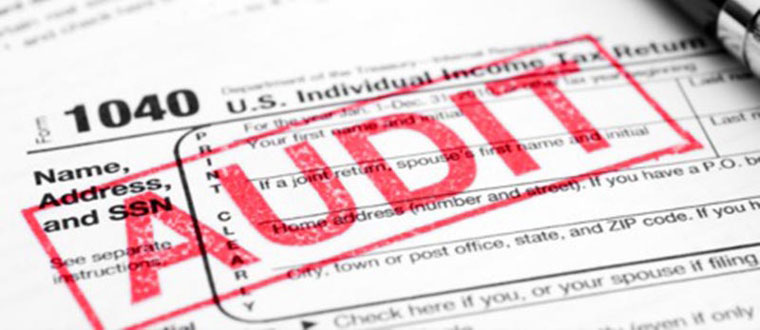Nearly half of Americans (47%) feel anxious when they receive any correspondence from the IRS, and nearly a third (29%) worry they will be audited despite the majority of taxpayers (65%) saying they are very confident their tax returns are error free. That’s according to a new survey of more than 2,500 Americans concluded this month. The survey was commissioned by TaxAudit, the largest audit defense service in the U.S.
According to the data, 77% of Americans find the new tax law confusing, with 42% unsure they will benefit from it, and 36% certain they will not benefit. Findings also revealed 21% of Americans believe they will pay more in taxes under the new tax law.
“This is the most dramatic remodeling of tax legislation we’ve seen in 30 years,” said Mark Olander, TaxAudit CEO. “We resolve more than 33,000 audits annually, so we’ve seen the stress and anxiety taxpayers undergo when audits occur and when notices are received. Unfortunately, we expect the new tax law to further increase stress levels and confusion as taxpayers try to understand the impact on their returns.”
Additional data findings include:
- Almost half (46%) do not know the difference between a notice from the IRS and an actual audit letter.
- Nearly one in three (32%) are not confident they would know what to do in the event they were audited by the IRS, with 10% of those stating they would be very unconfident.
- Only 24% of taxpayers correctly selected three years as the length of time the IRS is generally permitted to audit past returns.
- One in ten (11%) have previously been audited by the IRS.
- One in four (25%) received notices from the IRS in the past.
Further, Olander added, “Although the IRS claims that the audit rate is around 1%, many of the other types of correspondence from the agency incite the same level of anxiety and should be included in the official audit rates that they release to the public. The IRS’s own statistics show that more than 6% of taxpayers receive some type of correspondence inquiring about the entries on their tax returns each year. Unfortunately, the IRS’s narrow definition of what an audit is creates a false sense of security.”
TaxAudit prides itself on alleviating the pressure and worry of being audited by standing between the everyday taxpayer and the IRS so that no one has to face the IRS alone and no one has to pay thousands of dollars defending themselves
Thanks for reading CPA Practice Advisor!
Subscribe Already registered? Log In
Need more information? Read the FAQs




